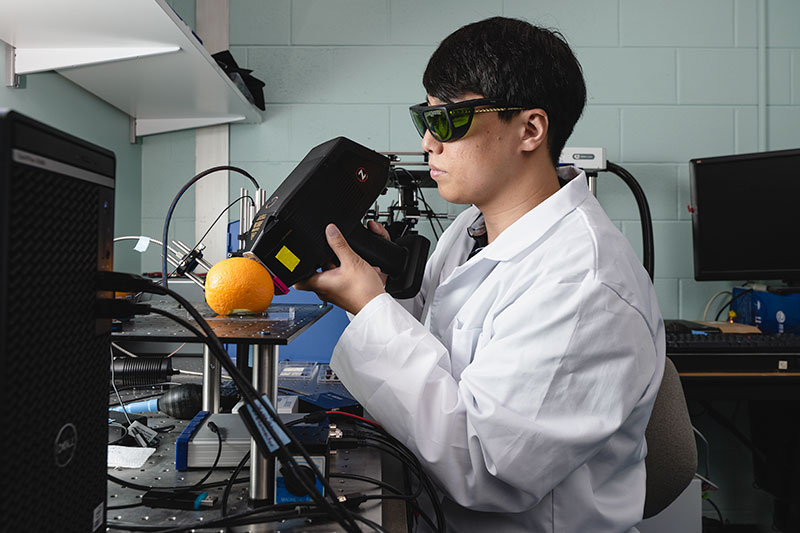When you shell out for artisanal food – Swiss Gruyère cheese, organic vanilla extract, Italian prosciutto – did you get what you paid for? With global food fraud estimates as high as $40 billion a year, it’s a question Purdue University researchers are tackling with a food “fingerprint” technique sensitive enough to distinguish between foods made from the same ingredients, but in different locations.
Food fraud, which the U.S. Food and Drug Administration officially terms “economically motivated adulteration,” occurs when manufacturers substitute a cheaper ingredient for one…



